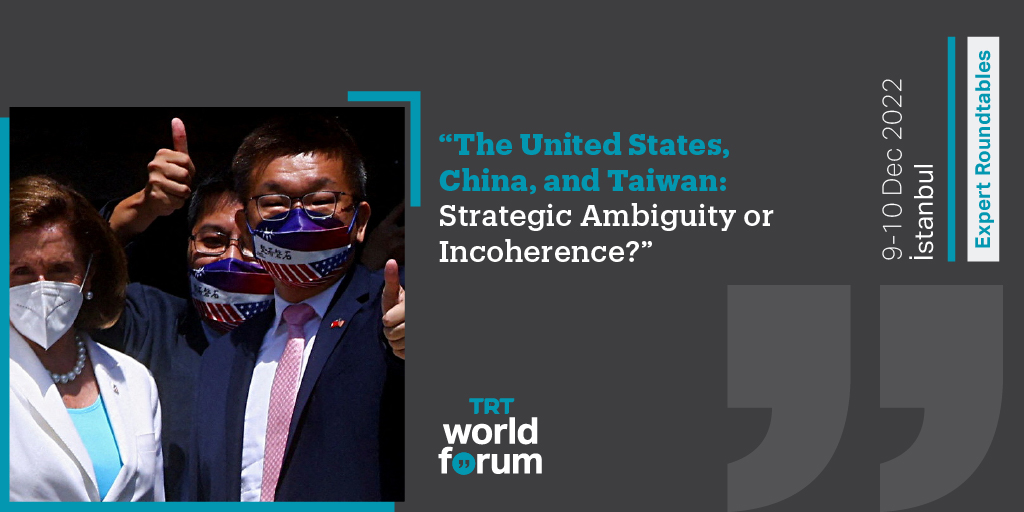Since the 1972 joint communiqué with the People’s Republic of China, in which the United States acknowledged that “all Chinese on either side of the Taiwan Strait maintain there is but one China and that Taiwan is a part of China,” the U.S. has adhered to a one-China principle. In the years that followed, the U.S. maintained a position of ‘strategic ambiguity’ regarding Taiwan, neither explicitly supporting nor rejecting Taiwan’s independence. However, this long-standing policy appears to be shifting. U.S. President Biden’s statements that the U.S. would defend Taiwan in the event of an attack, coupled with House Speaker Nancy Pelosi’s high-profile visit to Taipei, are the most recent indications of this change.
While the one-China policy has remained remarkably stable for decades, tensions over Taiwan are mounting, and the U.S.’s ‘strategic ambiguity’ appears to be giving way to a more defined stance. This shift is increasing the risk of direct conflict between the U.S. and China, raising concerns about the future trajectory of U.S.-China relations.
This session will explore the factors driving changes in U.S. Taiwan policy and examine the broader implications for the future of U.S.-China relations, considering the growing tensions and the potential for confrontation.
